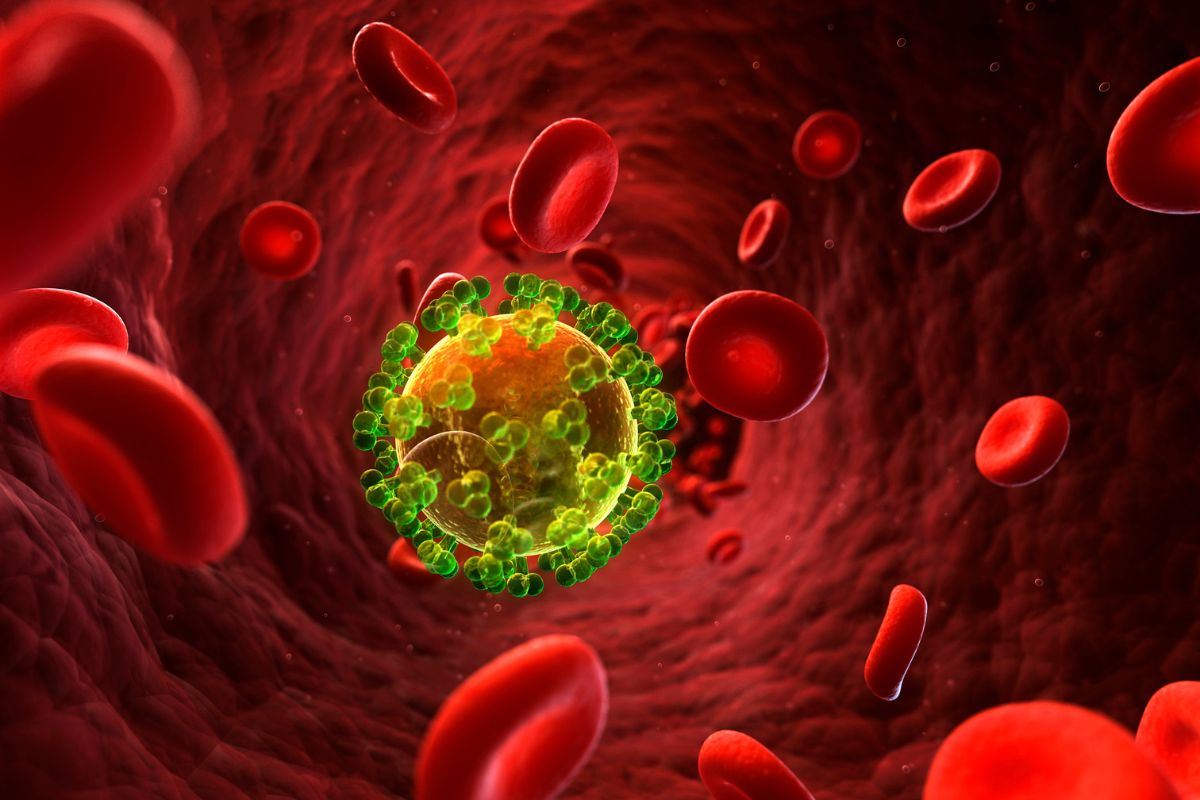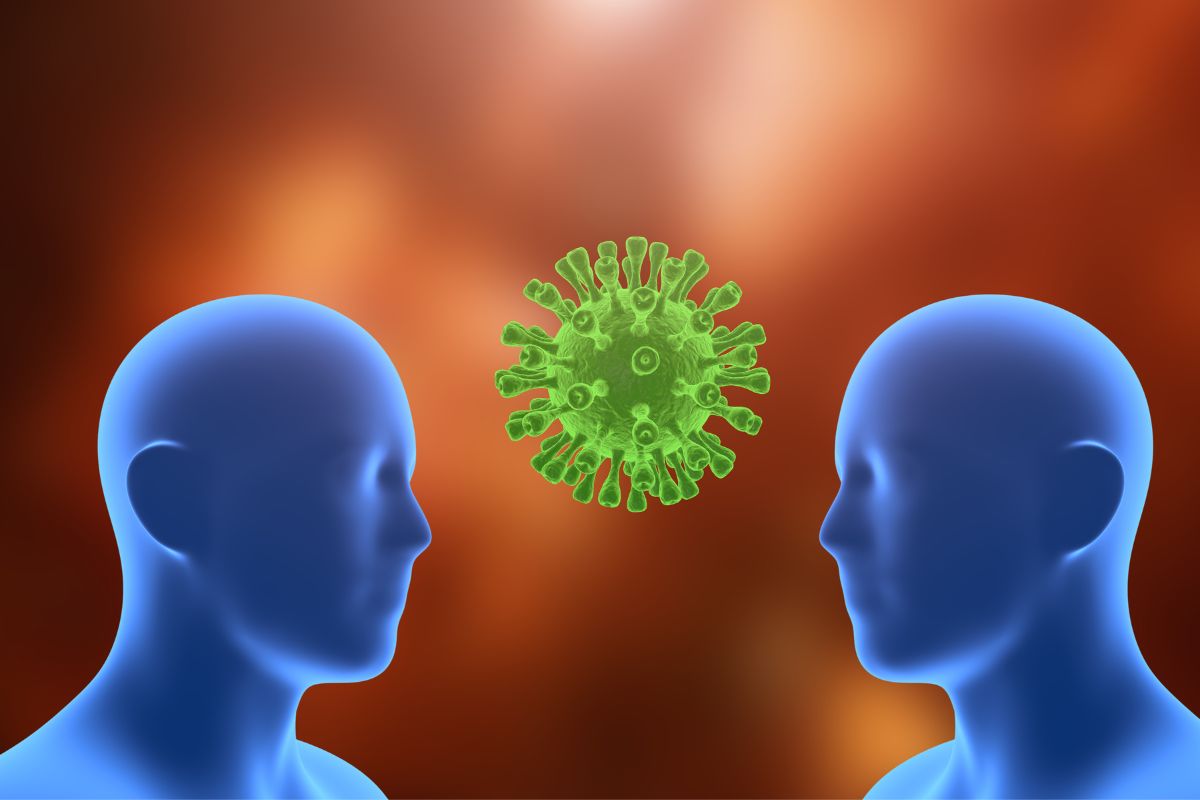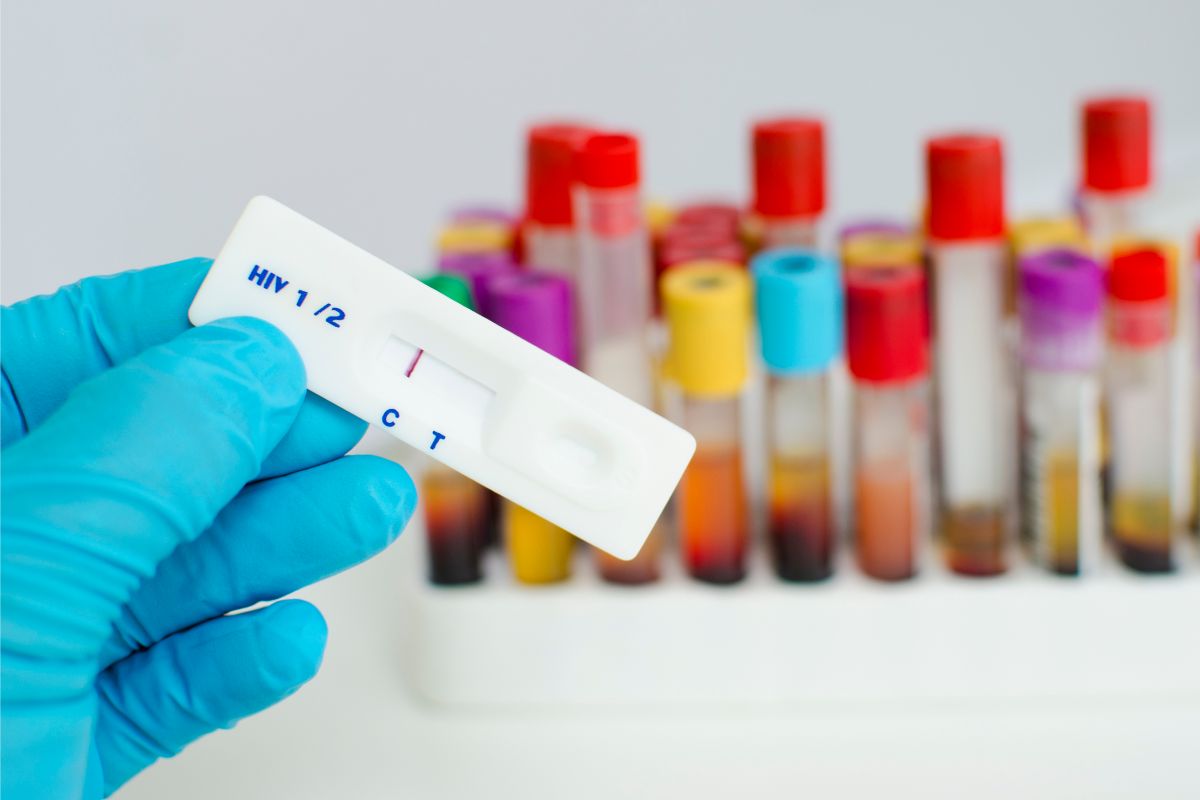When someone discusses AIDS or HIV, they often do not understand the differences between the two.

Many people may not realize that there are key differences or that there is a difference at all.
It’s understandable why people would get the two confused. Whilst they are different, they do operate hand in hand.
The main thing to remember is that HIV is a virus which can lead to the condition known as AIDS (or stage 3 HIV).
Years ago, receiving such a diagnosis would be terminal – but due to many years of research, there are now treatments for the conditions which can help prolong somebody’s life.
To learn more about HIV and AIDS, read below for our guide of differences between the two.
HIV Is A Virus
HIV stands for human immunodeficiency virus. As you can see from its name, it is a virus and can only be contracted by humans.
It works by attacking a person’s immune system.
When the immune system is affected, we struggle to cope against viruses – even viruses as common as a cold.
Medications have been created which aim to disrupt the life cycle of the virus and not allow our immune systems to become damaged to the point of no return.
AIDS Is Not A Virus – It’s A Condition
AIDS stands for acquired immunodeficiency syndrome and is a condition which can be caused by the developing systems of HIV.
When the immune system is seriously compromised, HIV can become HIV stage 3 – or AIDS and the symptoms are usually that of viruses that can be contracted due to a damaged immune system.
Sometimes, these viruses are known as opportunistic infections and can include things like TB (tuberculosis), pneumonia, influenza and many more.
It’s also possible for types of cancer to be far more prominent when the immune system is significantly damaged.
HIV Doesn’t Always Lead To AIDS
It’s entirely possible for a person to live for many years with HIV and may never develop AIDS.
Due to treatment and the advancement of technology and other medical research, people with HIV are living much longer and more comfortable.
However, it’s important to note that currently there is no cure for HIV – so the infection will never go away as such, but it can be treated.
Even if AIDS never occurs, HIV will always be present.
HIV Can Be Transmitted, AIDS Cannot

HIV can be transmitted to others because it is a virus.
Usually, HIV is transmitted via very close contact, the transmission of bodily fluids, unprotected sex or sharing needles (such as drug use).
It’s also possible for mothers to transmit the HIV virus to their child whilst they are pregnant with them.
AIDS on the other hand cannot be “caught” as such because it is a condition that someone develops after contracting HIV.
HIV Can Be Symptomless
There is a time, roughly two to four weeks after contracting HIV, which is known as the latency period.
This is when your body brings the infection under control and you have very minor flu-like symptoms and then feel normal again.
This period can last for many years but while the immune system can help the body control the obvious symptoms of HIV, it will not get rid of it.
It’s important to note that during this period, a person will require antiretroviral therapy treatment.
If they do not, it’s possible they will develop AIDS – and as a result, may also exhibit the symptoms associated with AIDS.
You Can Test For HIV Easily
Once a person has contracted HIV, their antibodies go wild and the body produces them in serious numbers.
By performing a basic saliva or blood test, we can ascertain whether the virus is present in a person’s body or not by testing for the antibodies.
It can take a few weeks after a person has contracted the HIV virus before it appears as positive via this test, but if an antigen test is performed instead – this can indicate whether a person has HIV after only a few days.
An antigen test is essentially a test looking for proteins which are produced by HIV.
Whichever test is performed, both are pretty easy to do and highly accurate.
AIDS Testing Is Complicated
It’s not quite as simple to determine if someone has developed AIDS.
Medical staff would look at the CD4 cell count – which, if they are extremely low, normally indicates that someone has developed AIDS.
This is not a simple process to do, and oftentimes, a person is already exhibiting symptoms from opportunistic infections – which creates further complications.
Life Expectancy Is Higher For HIV
With advancing treatments and research, as long as a person has managed to receive a diagnosis early enough, life expectancy is much higher than it used to be if someone has HIV.
With correct medical advice, staying fit and healthy and following the right steps, a person may live for decades after diagnosis.
AIDS Has A Lower Life Expectancy
Whilst it is not impossible for a person with AIDS to live for a long time, it is much more unlikely than it is if someone has not developed AIDS.
This is because it is very difficult to repair the damage that is caused to the immune system at this time – and complications tend to arise, such as opportunistic infections.
The Bottom Line
HIV and AIDS are closely linked but they do have very key differences.
Understanding the differences between the two can be highly important and can help in the future through prevention and even receiving some treatment.
We hope this guide has been useful for you.
However, if you suspect that you or someone you know may have contracted HIV, it’s important that you seek out medical advice as soon as possible.
- Understanding Male Reproductive Health: A Complete Guide - February 2, 2025
- Simple Healthy Skin Habits for Radiant Skin - December 6, 2024
- Unlocking the Connection Between Nutrition and Mental Health - December 3, 2024






![When Is A HIV Test Conclusive? Everything That You Need To Know When Is A HIV Test Conclusive? [Everything That You Need To Know]](https://alphanutrition.com/wp-content/uploads/2022/08/When-Is-A-HIV-Test-Conclusive-Everything-That-You-Need-To-Know-150x150.jpg)

